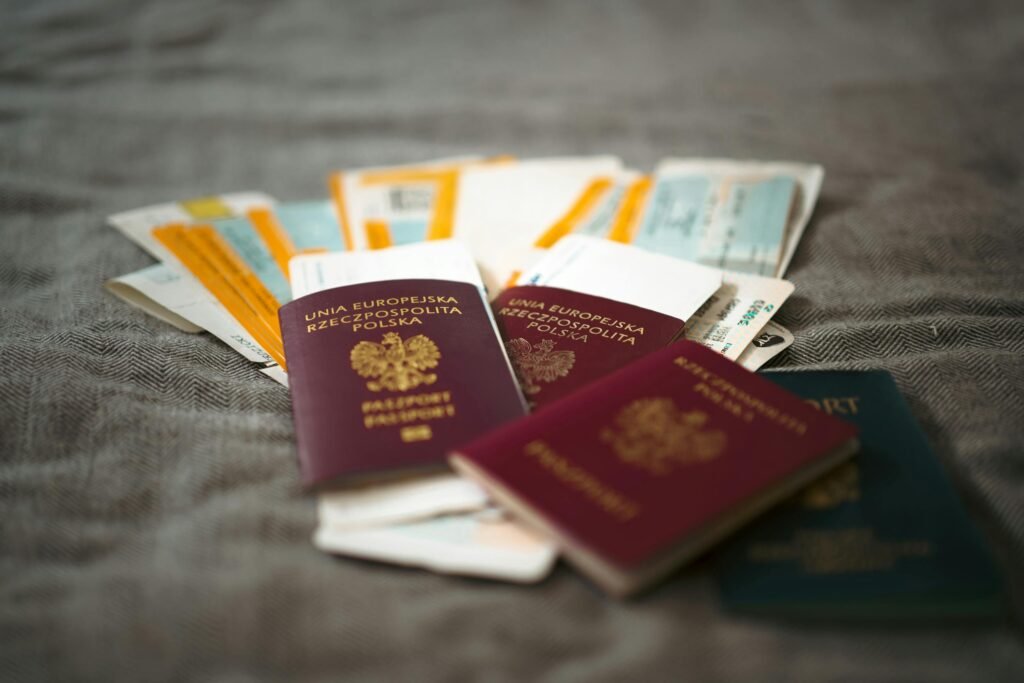
Thinking about studying in the UK? Great choice! With some of the world’s oldest universities, top-tier research, and a lively international student scene, the UK is a fantastic place to learn and grow. But here’s the twist: applying as an international student isn’t just about sending in your grades. It’s a step-by-step process with deadlines, visa rules, language tests, and money matters that can catch you off guard if you’re not careful.
This guide breaks it all down—from UCAS deadlines and personal statements, to funding, visas, and life after graduation—so you can move from stress to success with confidence.
1. Two Gatekeepers: The University and the Visa Office

Here’s something many applicants don’t realize: getting an offer from a university doesn’t automatically guarantee you’ll get a student visa.
University Requirements: Each institution sets its own standards. That might mean A-levels, the IB, or a foundation year for undergraduates. Master’s courses usually want a strong bachelor’s, while PhDs often ask for a master’s (with some flexibility).
Visa Requirements (UKVI): The UK Visas and Immigration office has its own checklist. Even if a university waives an English test for you, UKVI may still require a Secure English Language Test (like IELTS for UKVI).
Tip: Always check visa rules separately. University approval isn’t the final green light.
2. Choosing the Right University (More Than Just Rankings)

Of course, names like Oxford, Cambridge, and Imperial are appealing—but the best choice for you might be somewhere else.
Think about:
- Course fit: Which universities are strongest in your subject? (Goldsmiths is known for arts, Imperial for STEM.)
- Student support: Some unis, like Coventry and Manchester, have dedicated teams for international students.
- Location & lifestyle: London offers big-city life (and big-city costs), while smaller towns like Nottingham are friendlier on the budget.
Pro tip: UKVI may ask in your interview why you chose that university. If your only answer is “because it’s top-ranked,” it can sound weak. Show you’ve researched modules, facilities, and services.
3. UCAS and Key Deadlines
For undergraduates, UCAS is your application hub. You can apply for up to five courses—but timing matters.
- Medicine, Dentistry, Veterinary Science: Apply by October.
- Equal Consideration Deadline (January): This is the real cut-off for most courses.
- Final Deadline (June): UCAS still accepts applications, but spots may already be gone.
Best approach: Apply early to maximize your chances.
4. Crafting a Personal Statement That Works

Your personal statement isn’t just a list of achievements—it’s your chance to tell your story.
Make sure it answers:
- Why this course? Show genuine interest.
- Why are you prepared? Link your past studies or experiences.
- What else do you bring? Share extracurriculars, projects, or volunteering.
Do: Be specific, authentic, and show curiosity.
Don’t: Copy clichés, overuse quotes, or paste text from the internet (UCAS checks for plagiarism!).
And remember, visa interviewers may refer back to your statement. Keep it consistent and true to your journey.
5. Budgeting: Beyond Tuition

Studying abroad is exciting, but money is a real consideration.
- Tuition: Typically £11,000–£38,000 per year (higher for medicine).
- Living Costs: UKVI sets a minimum of £1,334/month for London or £1,015/month elsewhere. In reality, expect around £1,700/month in London and £1,100/month outside.
Watch out: The official minimum is not always enough. Always plan for extra.
6. Scholarships & Funding Opportunities

Scholarships can help—but they’re competitive.
- Chevening: Fully funded master’s (requires work experience).
- Commonwealth Scholarships: Tuition + living costs for eligible students.
- GREAT Scholarships: £10,000 for postgraduates from certain countries.
Some universities offer bursaries or hardship funds, but don’t rely on scholarships as your main budget plan.
7. Visa Essentials: CAS, Funds & Interviews

The visa process has several moving parts:
- CAS (Confirmation of Acceptance for Studies): This reference number links your offer to your visa. Keep details accurate.
- The 28-Day Rule: Proof that your funds (tuition + living) have been in your bank account for 28 continuous days. One slip and you risk rejection.
- Credibility Interview: Be ready to explain why you chose your course and Uni, how you’ll pay, and your future plans.
Stay consistent. They want to see preparation, not memorized answers.
Checkout: Best Free University Scholarships You Can Apply for
8. After You Arrive

Life in the UK starts with a few essentials:
- Accommodation: Universities often guarantee housing for first-year international students.
- Healthcare: Your visa fee covers the NHS. Remember to register with a GP.
- Cultural Adjustment: From joining societies to picking up local slang, embrace the culture—it’s part of the experience.
9. Thinking Ahead: After Graduation

A UK degree opens doors beyond the classroom.
- Graduate Route Visa: Stay in the UK for 2 years (3 for PhDs) to work or look for jobs.
- Skilled Worker Visa: With a sponsoring employer, you can stay up to 5 years.
- Entrepreneurship Routes: Got a business idea? The Innovator Founder visa could be an option.
Quick Checklist for Success
- Understand both university and visa requirements.
- Apply before the UCAS https://www.ucas.com/ equal consideration deadline.
- Write a personal statement that tells your story.
- Budget beyond the minimum requirements.
- Keep required funds in your account for 28 days.
- Research student support services at your university.
- Plan for your career path after graduation.
FAQs
1. Do I need IELTS if I studied in English before?
Maybe not for university admission, but UKVI may still require a SELT.
2. Is London affordable for students?
It’s one of the most expensive UK cities, but smaller towns are more budget-friendly.
3. Can I work while studying?
Yes—usually up to 20 hours per week during term and full-time in holidays.
4. Do scholarships cover living expenses?
Some do, but most only partially offset tuition fees.
Final Thoughts
Studying in the UK is a huge step toward academic and personal growth. It’s not just about earning a degree—it’s about gaining cultural exposure, professional connections, and opportunities for the future. With careful preparation and smart choices, your UK education can be one of the most rewarding investments of your life.




